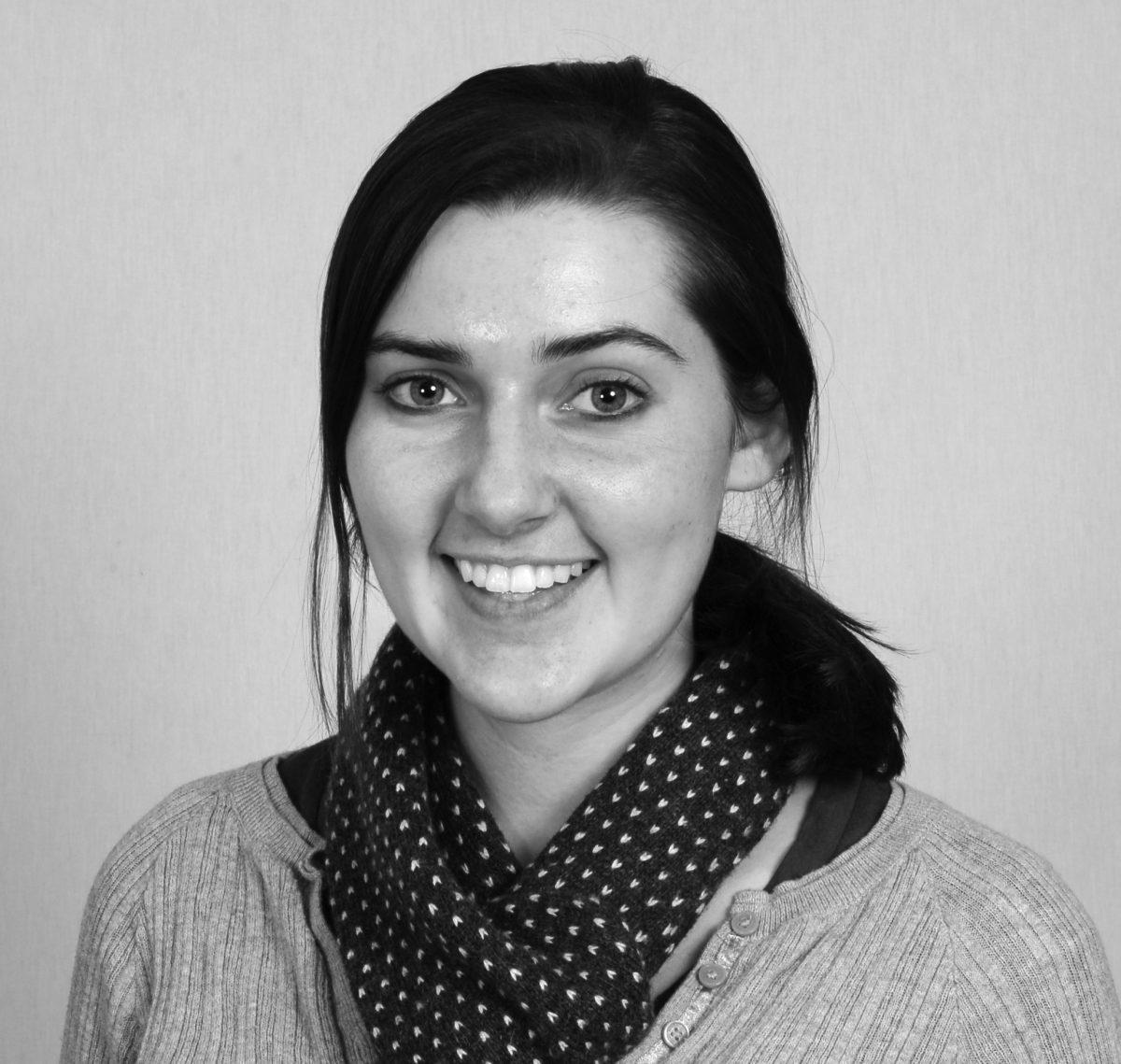This past summer, I worked at the Cookson Hills Center, a United Methodist mission in rural Oklahoma. The Cookson Hills Center primarily helps Native-Americans — also referred to as American-Indians.
I lived 20 minutes down the road from Tahlequah, Okla. — the capital of the Cherokee Nation and the place where the Trail of Tears ended.
After hearing many stories, visiting museums and participating in local events, I was able to learn quite a bit about Native-Americans and their history.
The songs that I heard sung in Cherokee and Creek, the regalia worn at the Pow-wow and the fire at the stomp dance will forever be ingrained in my memory.
Although the Native-American culture is so beautiful, some of the Native-American people have been scarred with a past of injustice and hurt.
And, at least in Oklahoma, that inequality and pain still exists.
If I had to take a guess, I would assume most of you reading this have not realized that November is Native-American Heritage month.
Well, it is.
We must be more conscious of Native-Americans.
They are too much a part of the world’s history to be overlooked like they are.
Even those of us who have no Native-American heritage can still be involved and learn about their cultures.
It is critical to remember their past, continue their traditions and celebrate their future.
I recently had the opportunity to talk about the Native-Americans at N.C. Sate with Mallory Richardson, a senior in English and communication and also the president of NASA, the Native American Student Affairs at N.C. State.
When I asked Richardson, who is Haliwa-Saponi, about upholding all these traditions in such a modern world, she said, “I’m not going to lie…it’s very hard.”
However, NASA brings the values and traditions of the Native-American people to their meetings and events.
If you’re interested in getting more involved with the Native-American events that happen on campus, I encourage you to contact NASA and also to attend N.C. State’s annual Pow-wow.
The Pow-wow is co-hosted by NASA and AISES, the American Indian Science and Engineering Society.
It will be held April 4 and is one of the largest collegiate pow-wows.
So, although the month of November is coming to a close, I want you to “celebrate Native-Americans 365 days a year” as Abraham Dones, the Assistant Director for Native-American and Hispanic Student Affairs, said.
Tell Meredith how you plan to observe (or realize it is) Native American Heritage Month at letters@technicianonline.com.





